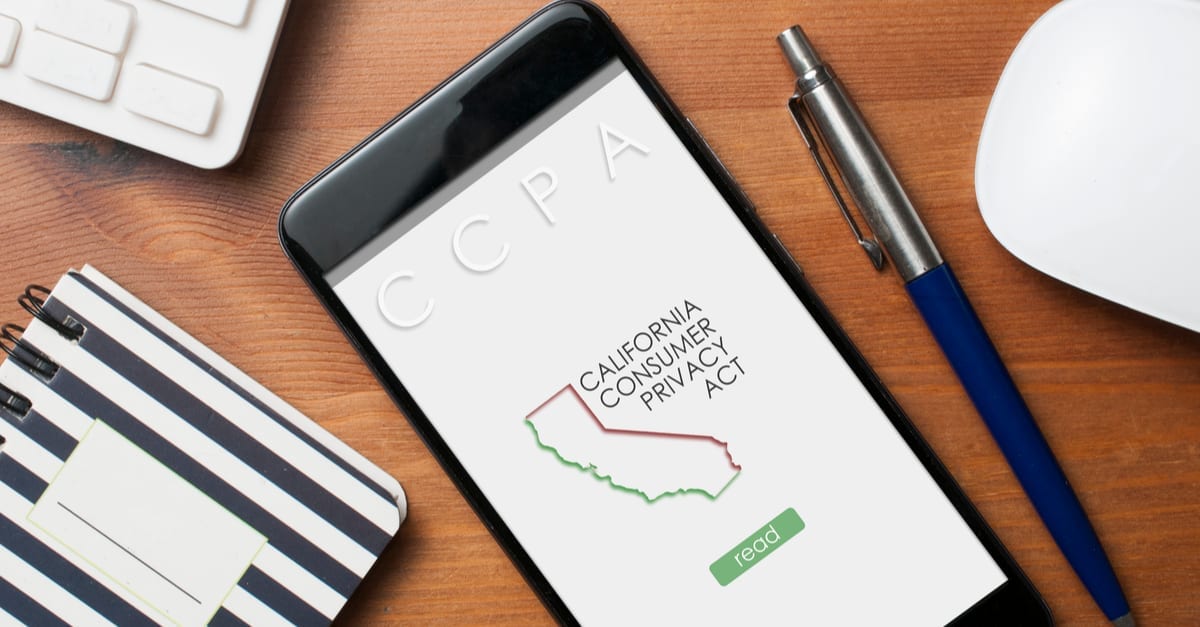Under the latest CCPA regulations, every company must have an updated and transparent CCPA Privacy Policy- see it as the website’s full disclosure. And since it is one of the most important documents on any website, it is crucial to understand how to implement a proper Privacy Policy on your website.
REMEMBER: THE CCPA ISN’T (ONLY) AIMED AT BUSINESSES BASED IN CALIFORNIA. IT’S AIMED AT ANY BUSINESS THAT PROCESSES THE PERSONAL INFORMATION OF CONSUMERS IN CALIFORNIA. FAILING TO MAINTAIN A CCPA-COMPLIANT PRIVACY POLICY COULD RESULT IN A FINE OF UP TO $2,500 PER VIOLATION. MEANING EACH AND EVERY PERSON THAT VISITS YOUR WEBSITE IS EQUAL TO A FINE OF 2,500 PER PERSON.
Take a look at what must be included to make your Privacy Policy CCPA-compliant.
This can be made possible by including a clause for each section to inform website visitors in a transparent and legally abiding manner:
- Inform website visitor’s of their rights
- Right of access to all information collected for each consumer
- Include the “Right to Deletion”
- Right of non-discrimination if a website visitor has decided to exercise rights under CCPA
- Provide a phone number or form of contact for website users to request access and deletion of data
- List all types of information you collect as a website provider
- List all the categories of personal information your business has “sold” in the past 12 months. (–> Make sure you have the right understanding of “selling of data” in terms of the CCPA, tracking, etc. as probably tracking or retargeting falls under this definition.)
- List all the categories of personal information your business has “disclosed for business purposes” over the past 12 months
- and most importantly — a link to your “Do Not Sell My Personal Information” page (if you sell information) must be included in the Privacy Policy.
Sound complicated? Doesn’t have to be
A Usercentrics Consent Management Platform (CMP) is a tool that can embed certain features and simplify the entire process.
Along CCPA guidelines, the opt-out option- a link stating that people can have the option to say “no” to selling their own personal information- has to be readily available on the website. That’s why, we at Usercentrics understand the importance and have embedded this functionality as a top priority. In order to simplify the process even further, Usercentrics has compiled a database of legal texts for the compliance of your website.
Once you’ve made your Privacy Policy CCPA-compliant, don’t forget to make sure to reflect this by updating your Privacy Policy’s information as well as the ‘effective date’ even if you don’t make any other changes to the Policy – every 12 months!
If you’d like to know about how Usercentrics can help you comply with the requirements for your CCPA-compliant Privacy Policy, feel free to approach us here.
